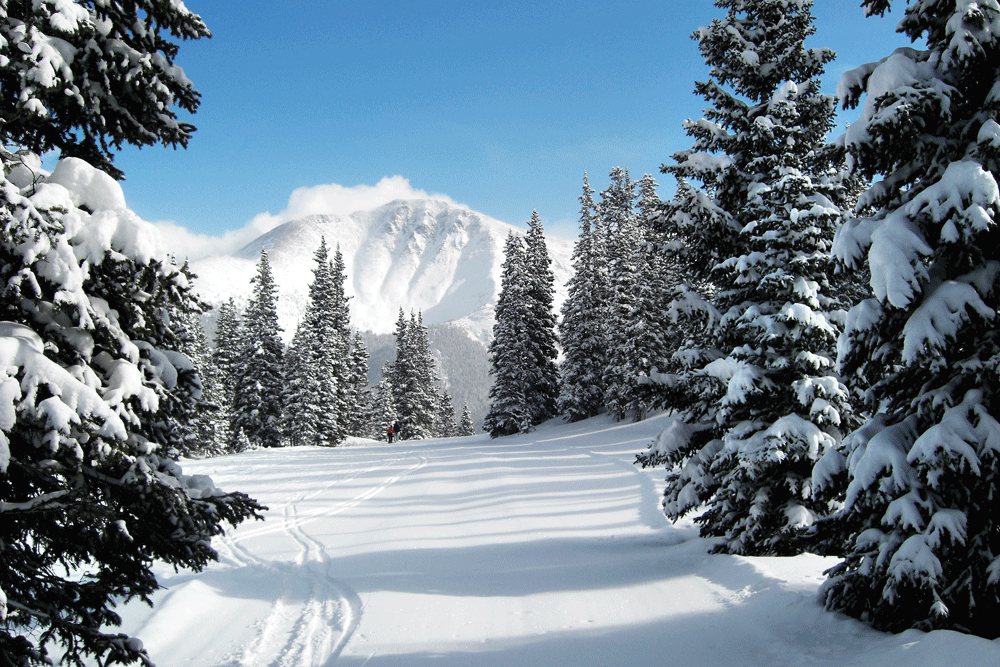Even though we all know it’s coming, winter’s cold sometimes has a way of sneaking up on people. The worst thing they can do is not be prepared and wait until it hits to do something about it.
Why Prepare?
During the cold season, many regions across our nation experience disastrous weather. From violent snow storms to below-freezing temperatures, it can get quite brutal outside, sometimes even deadly. A winter storm can create dangerous road conditions, power outages and harmful debris on roads and paths. All of these can be devastating for those who have not taken precautions and prepared alternative resources for when a trip to the store isn’t an option. In order to ensure your family stays safe, it is important you are proactive. Use these tips to guide you through home and vehicle preparations. By doing so, you will improve your chances of surviving all that winter throws at you.
Prepare Your Home
Make mandatory home repairs. It’s time to give your home a little TLC. With the harsh elements that accompany winter, your structure needs to be capable of holding up to them. Make all necessary repairs and improvements to your roof, windows, doors and insulation so that your home provides you with a proper protection against bad weather.
Cut back dangerous trees. Many of these storms can bring excessive wind and snowfall that can cause the downfall of tree branches, or even the entire tree. Assess your property for these hazards. Remove any limbs that may damage your vehicle or home.
Have the right tools. Make sure you have items on hand such as a good snow shovel, ice scraper and rock salt, sand or kitty litter for dealing with ice on paths and driveways.
“EVERY YEAR THERE ARE COUNTLESS STORIES OF MOTORISTS BEING STRANDED IN THEIR VEHICLES. THE MOST EFFECTIVE WAY TO AVOID THIS IS TO STAY INFORMED ABOUT ROAD AND WEATHER CONDITIONS.”
Practice safety first. During a time of year where you will be using fireplaces, spaces heaters and candles, be sure to take safety precautions. Have your fireplace cleaned, keep fire extinguishers on hand and never leave open flames unattended. In addition, it is crucial that you always check that there is proper ventilation before using some of these items.
Gather Supplies
- Alternative energy sources – candles, flashlights and batteries, solar lantern
- Alternative heating sources – kerosene space heater, portable propane heater, blankets and warm clothing, firewood
- Food supplies – Store at least one week’s supply of non-perishable ready-to-eat food for family and pets
- Water storage – Store at least a one-week supply of clean water (at least one gallon per day, per person/pet)
- Communications – Cell phone, solar charger with battery back-up, multi-band radio with multiple power options
- First aid kit – Be sure to have extra allergy medications on hand for family and pets
- Extra medications – Keep at least an extra week’s supply to get you through basic emergencies
- Personal hygiene products – Stock up on toiletries and baby supplies
Practice Car Preparedness
Every year there are countless stories of motorists being stranded in their vehicle. The most important way to avoid this is to stay informed about road and weather conditions before you venture out. DO NOT drive if there are warnings regarding dangerous weather! Risks you face on bad roads range from minor fender-benders to fatal accidents, and, in addition to the obvious threat to your safety, stranded cars complicate matters for emergency responders and road clearing crews. If you are forced to survive in your car, be sure to have these essential provisions.
- High-calorie protein bars
- Water or juice boxes
- Blankets
- Cell phone with car cord
- Warm clothing, hat, mittens, and scarf (wool)
- Flashlight and batteries
- Multi-tool
- First aid kit
- Medications and baby supplies
- Children’s comfort toys/entertainment
- Car supplies – jumper cables, good spare tire, ice/snow scraper, shovel, sand or kitty litter for traction, writing materials
Before the winter begins, check that your vehicle is in tip top shape. The last thing you would want is to experience car trouble during the season of frigid temps. Bring it in for a check-up, to have snow tires mounted and make any needed repairs, especially all exterior lights. Routine maintenance to be done should include an oil and filter change, replace all windshield wiper blades, have all of your fluids topped off and make sure your engine coolant is up for another winter on the road.
Winter can be very tough but, as always, proper preparation will minimize your risks and allow you to enjoy the season.
Editors Note: A version of this article first appeared in the February 2015 print issue of American Survival Guide.



